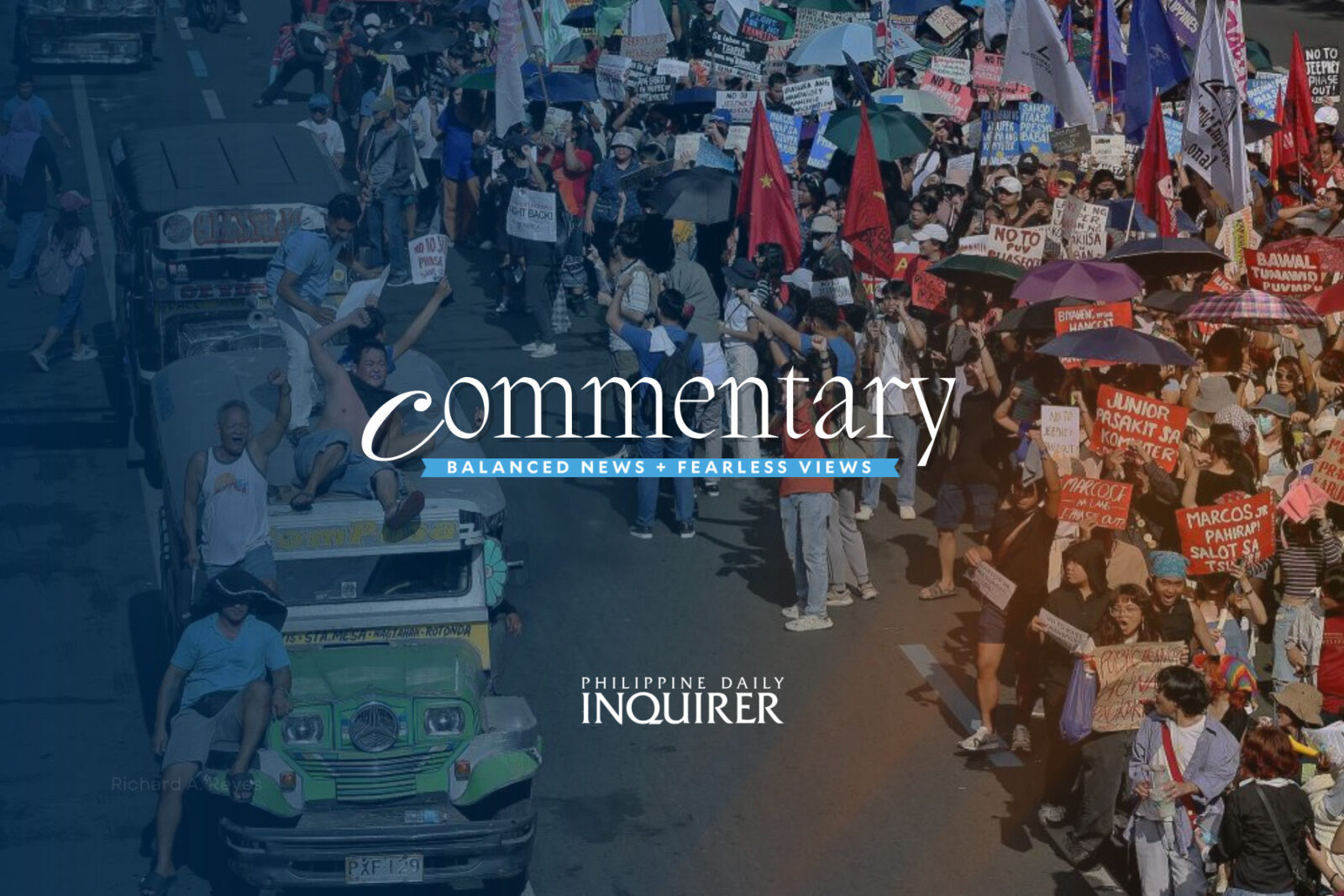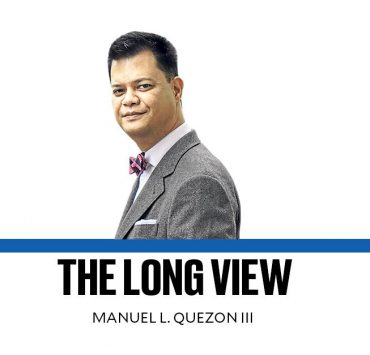Missing factor for single-digit poverty rate

Our country is again being hailed as one of the fastest-growing economies, growing faster than China and our Asean neighbors.
The Philippine economy registered a growth rate of 6.3 percent in the second quarter of this year and the projection is a 6- to 7-percent growth rate for 2024. But it is ironic that this year, the self-rated poverty rate in our country grew to a high of 59 percent in September, up from 46 percent in March.
Is there a way out of the paradox of economic growth not being felt by the poor?
This is urgent for the poor. It should be urgent for a government wanting to achieve a single-digit poverty rate by 2028 and the Philippines as a nation committed to eliminating poverty as a signatory to the United Nations 2030 Agenda for Sustainable Development.
There is an innovative pathway recognized by the World Economic Forum for its role in accelerating the achievement of zero poverty, no hunger, reduced inequality, women empowerment, and sustainable community side by side with the other Sustainable Development Goals: social entrepreneurship.
How does social entrepreneurship make a difference?
Social entrepreneurship, particularly in a developing country, is about the pursuit of innovative solutions to transform the lives, livelihoods, and habitats of the poor and marginalized. These innovations are led by entrepreneurial organizations called social enterprises, which are different from private businesses in two ways. First, they engage the poor not only in a transactional way as workers, suppliers, and clients but as transformational partners, providing economic and social services as well as sustainable livelihoods toward moving them out of poverty and powerlessness. Second, while they create wealth like businesses, they distribute such wealth to the poor through living wages, fair prices, support services, and programs that enable them to become actors in their own development.
To illustrate this distributive philosophy, an impact study covering more than 300 factory workers of Human Nature/Gandang Kalikasan Inc. showed that they have gotten out of indebtedness and become financially secure as they were provided “living wages” equivalent to almost double the minimum wage and a nurturing environment with a “no-firing policy” together with a holistic empowerment program. The program enabled workers not only to perform well at work but also to acquire “life skills” provision of education, health, housing, as well as other benefits and investments.
Social enterprises can be micro, small, medium, or large and take various forms: cooperatives, nonstock, nonprofit organizations, single proprietorships, partnerships, or stock corporations. The test of a true social enterprise is the commitment and practice of a distributive philosophy and transformational engagement with the poor as demonstrated by Alter Trade Foundation Inc. and Bote Central.
Alter Trade’s empowerment model transformed about 800 agrarian reform beneficiaries in Negros Occidental to become farmer-entrepreneurs.
Bote Central and the Philippine Coffee Alliance initiated the Kape’t Buhay Program, which engaged more than 5,000 farmers, women, and youth to become productive stakeholders in over 50 community-based coffee enterprises. With technical assistance, they became full-fledged stakeholders, benefiting from a more substantive share of the wealth created in the coffee value chain.
Studies done by Bote Central on profit streams of Philippine coffee showed a 1,000-percent profit margin from green beans to cup: farmers get more when they are enabled as co-owners of community-based social enterprises that process and market the coffee beans they produce.
A study of the Philippine Social Enterprise Network supported by the United Nations Economic and Social Commission for Asia and the Pacific or Unescap showed there were more than 164,000 social enterprises in the Philippines in 2017, up from about 30,000 in 2007.
The most proactive of these social enterprises, social enterprise resource institutions, and academic institutions formed the Poverty Reduction through Social Entrepreneurship (PRESENT) Coalition in 2012. They have since been lobbying to enact a PRESENT bill, which seeks to recognize social enterprises as well as support programs and incentives to enable them to serve their mission of empowering the poor and moving them out of poverty.
The Micro, Small, and Medium Enterprise Development Council led by the Department of Trade and Industry (DTI) passed in December 2021 Resolution No. 3 “Recognizing Social Enterprises as Partners in Poverty Reduction and Inclusive Recovery.” This is a positive indication that the DTI is prepared to perform its role as a host agency to pursue the implementation of a PRESENT program.
—————-
Dr. Marie Lisa Dacanay is the founding president of the Institute for Social Entrepreneurship in Asia and convener of the Poverty Reduction through Social Entrepreneurship Coalition. She was recognized as Outstanding Social Innovation Thought Leader for 2019 by the World Economic Forum and the Schwab Foundation for Social Entrepreneurship.

















